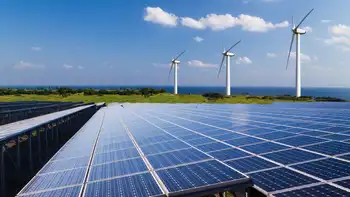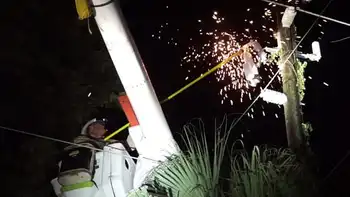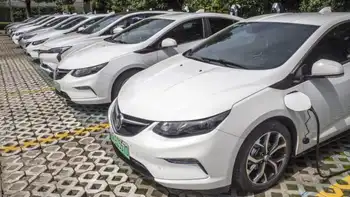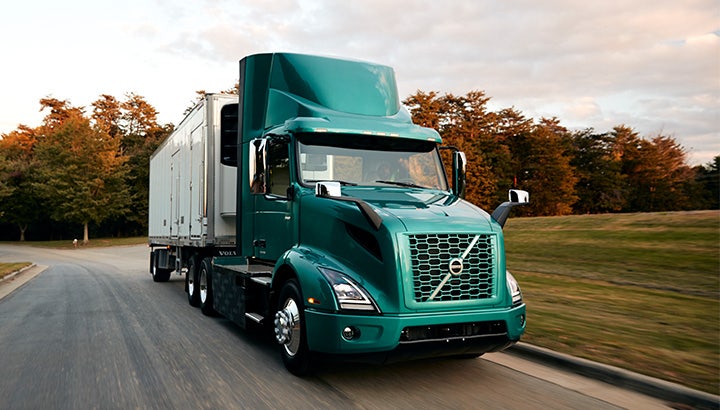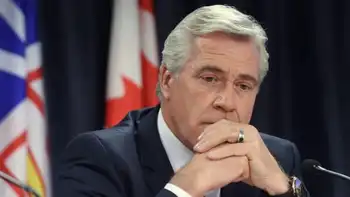Lawmakers draw battle lines on energy bill
By Associated Press
Protective Relay Training - Basic
Our customized live online or in‑person group training can be delivered to your staff at your location.

- Live Online
- 12 hours Instructor-led
- Group Training Available
The bill creates new renewable fuel standards, lifts Wisconsin's ban on nuclear power plants and calls for new vehicle emission standards to match California's. Environmentalists have praised the package, saying it is a key step toward fighting global warming and it will create jobs.
But the state's business community is divided over the bill. Several large employers are on board, but the state's largest business group, Wisconsin Manufacturers and Commerce has blasted it, saying it could cost billions of dollars and eliminate jobs.
Two of the Legislature's attorneys walked the state Senate and Assembly clean energy committees through the bill's nuances during a recent hearing. The session was meant as an informational briefing, but Republicans used it to send a message.
Rep. Mike Huebsch, R-West Salem, complained that the attorneys didn't offer a cost estimate on the bill. He pointed to a report from the conservative Wisconsin Policy Research Institute that found the bill could cost $16 billion over the next 15 years — a figure environmentalists and Democratic Gov. Jim Doyle have branded inaccurate.
"The numbers being tossed around... are substantial," Huebsch said.
"There's also the cost of doing nothing," replied Sen. Mark Miller, D-Monona, one of the bill's key authors and the Senate committee chairman.
Under the plan, 25 percent of Wisconsin's energy must come from renewable sources by 2025.
The package would relax the state's moratorium on new nuclear plants if developers can come up with a plan to dispose of radioactive waste, set up tailpipe standards similar to California's (which are more stringent than the federal government's) and mandate the use of gas with lower carbon content if a Midwest Governors Association advisory group recommends standards.
Other provisions include limits on engine idling, greenhouse gas assessments for transportation projects and more energy efficient buildings.
Lawmakers based the bill on recommendations from Doyle's Global Warming Task Force. The group's co-chairman, Roy Thilly, told the committees the bill represented a compromise among utilities, businesses and consumers.
The bill will help coal-dependent Wisconsin survive if the federal government imposes carbon restrictions, Thilly said. The measure also would keep utility bills low by negating the need for new, expensive power plants, he added.
Huebsch questioned why only nuclear developers would have to show they could provide power at a reasonable cost.
Sen. Glenn Grothman, R-West Bend, said he was worried other Midwestern states in the governors association could muscle Wisconsin into using more expensive gas. John Stolzenberg, one of the two attorneys from the Legislative Council, which advises lawmakers on policy legalities, said Wisconsin's governor would have to sign off on the gas provision, too.
Grothman issued a statement saying Wisconsin has seen two consecutive colder-than-average winters and the panels should suspend their work for two years until global warming is proven.
"The whole idea that Wisconsin can affect the global temperature with 1/1,300th of the world's population is silly anyway," he said.
Three more public hearings on the bill are scheduled through mid-February.





